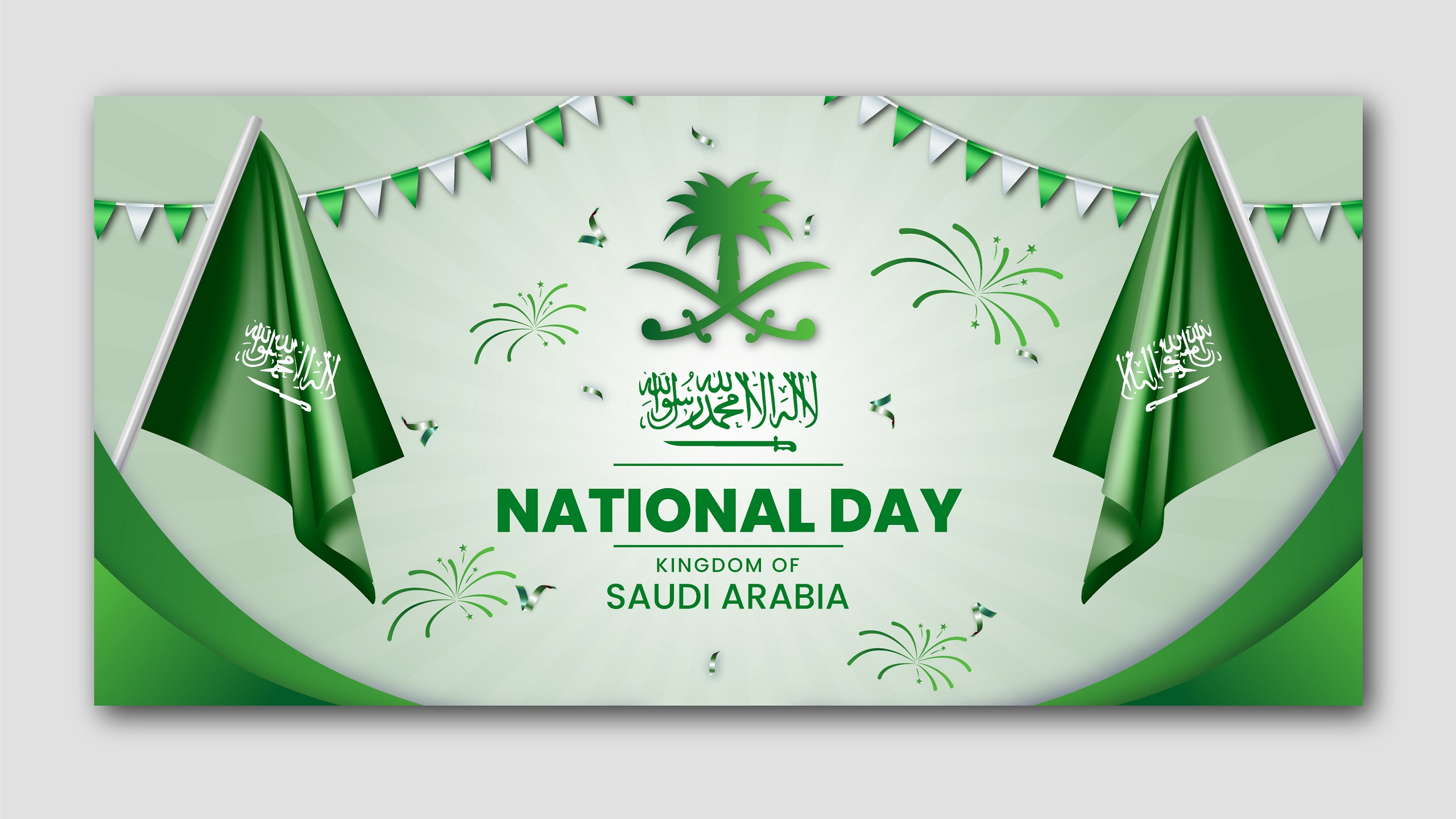
The PMI, an indicator of economic health for the manufacturing and service sectors, saw consistent improvements throughout the month. With readings above 50 signaling expansion, the September figure outpaced earlier months, suggesting a strong performance for the non-oil economy. This growth comes on the back of higher new orders, both domestically and internationally, as businesses capitalized on increased demand, particularly in construction and manufacturing sectors. Job creation in these industries also saw a rise, contributing to further optimism in the market.
Notably, the expansion was accompanied by continued investments in renewable energy and technology sectors. Key players such as ACWA Power and Badeel have been instrumental in supporting this growth. ACWA Power's solar energy projects, part of Saudi Arabia’s broader renewable energy goals, play a crucial role in reducing the country’s reliance on hydrocarbons. These projects are aligned with the government's strategy to generate 70 percent of its energy from renewables by 2030, a target that has attracted significant domestic and international investment.
The positive trajectory of the non-oil sector is also linked to Saudi Arabia's ambitious infrastructure projects, such as the development of giga-projects like NEOM and the Red Sea Development. These initiatives have driven demand for materials and services, spurring growth in both the industrial and service sectors. The government's proactive measures to enhance the business environment have resulted in a more favorable climate for investment, with reforms aimed at streamlining regulations and boosting foreign direct investment (FDI).
On the downside, inflationary pressures continue to present challenges for businesses. Input costs rose during September, largely due to higher fuel prices and supply chain disruptions. Companies have responded by adjusting their pricing strategies, though the pressure on margins remains a concern. Nevertheless, the rate of job creation in the non-oil sector has helped mitigate some of these effects, ensuring that overall business sentiment remains positive.
Saudi Arabia’s economic transformation is not without its hurdles. Despite the positive PMI data, the global economic landscape poses potential risks, particularly with uncertainties surrounding oil prices and geopolitical tensions in the Middle East. The country’s reliance on international trade and the integration of global supply chains could expose it to external shocks, which may temper growth in the coming months.
However, Saudi Arabia’s commitment to economic diversification remains steadfast. Recent developments in the renewable energy sector and ongoing investments in technology indicate that the country is well-positioned to continue its transformation. With initiatives such as the National Industrial Development and Logistics Program (NIDLP) gaining momentum, the non-oil economy is likely to see further expansion in the coming quarters.
Topics
Saudi Arabia
